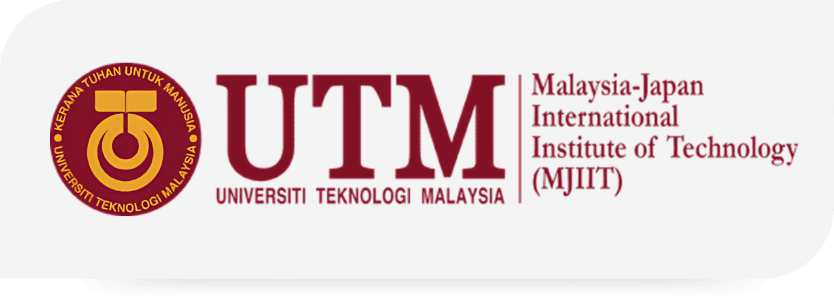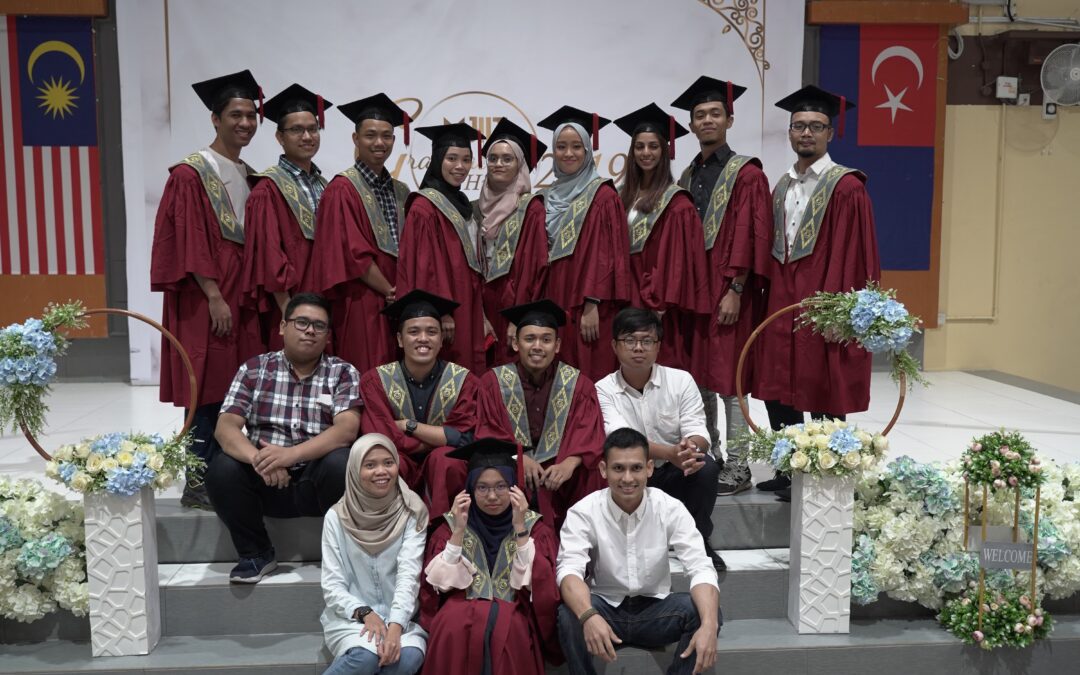
by webmaster | Nov 7, 2019 | MJIIT Events, MJIIT On Media, MJIIT Staff Events, MJIIT Student Events
3 November 2019, UTM Skudai – Last week was an entire week of celebrations for MJIIT UTM graduates. Families and friends were together in UTM Johor to congratulate and to share the heartfelt moments. MJIIT wishes to share these moments in an album and...
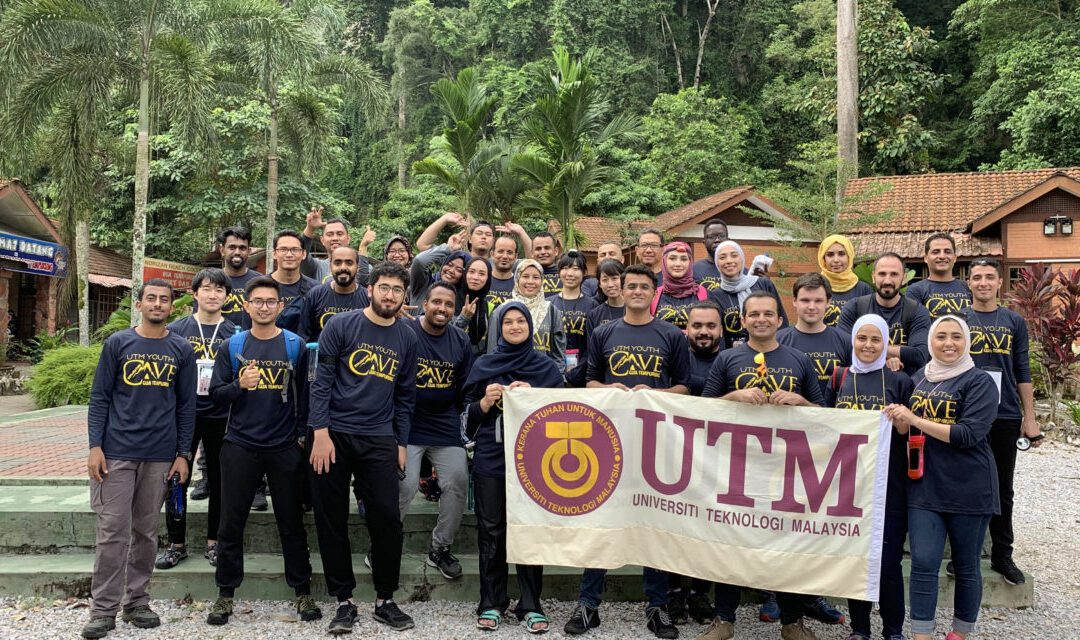
by webmaster | Aug 16, 2019 | MJIIT Events, MJIIT Student Events
On an excursion planned several months before, the international students of UTM Kuala Lumpur conquered the cave of wonders and adventures, Gua Tempurung on 20 July 2019. The UTM Youth Cave Exploration was organized as part of the internationalization at home...

by webmaster | Aug 14, 2019 | MJIIT Events, MJIIT Student Events
The Sakura Exchange Program in Science was held from 28th July until 3rd August 2019 at Tokyo City University (TCU), Setagaya Campus. A total of 10 students from three departments participated in this program and assisted by a lecturer. The main objective of the...

by webmaster | Aug 6, 2019 | MJIIT Events, MJIIT Staff Events, MJIIT Student Events
May 9, 2019 – Malaysia-Japan International Institute of Technology (MJIIT), UTM Kuala Lumpur hosted the kick-off meeting for Collaborative Education Program for Sustainable Environmental Engineering Network (CEP-SEEN). The kick-off meeting was chaired by...
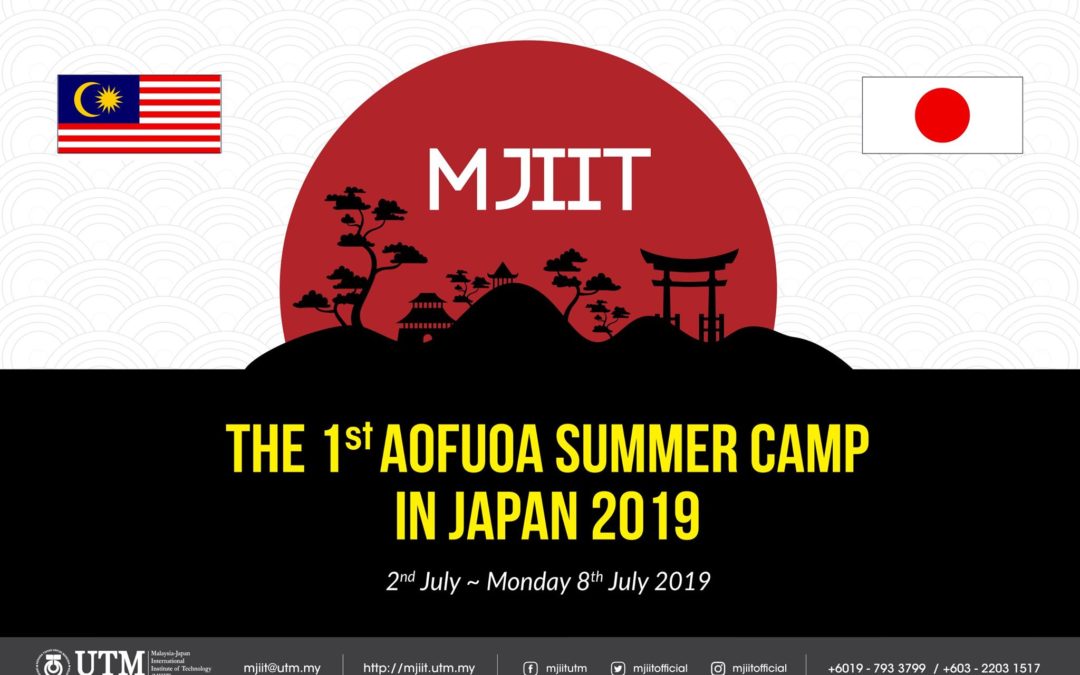
by webmaster | Jul 11, 2019 | MJIIT Events, MJIIT On Media, MJIIT Student Events
From July 2 to 8, 2019, the first AOFUA summer camp in Japan was hosted by Tokyo City University with the participation of members of “Asia-Oceania Five University Alliance”, DLSU/Philippines, ECU/Australia, MJIIT/Malaysia and TCU/Japan, in addition to the...
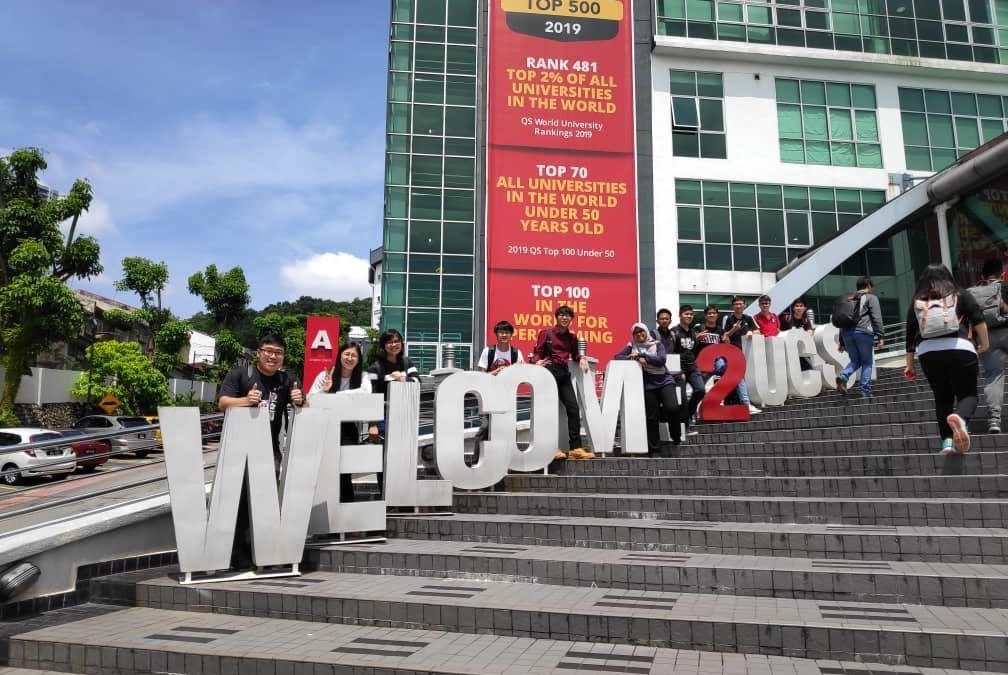
by webmaster | Jul 8, 2019 | MJIIT Events, MJIIT Student Events
The Japanese Language Proficiency Test (JLPT) is a standardized criterion-referenced test structured to evaluate and certify Japanese language proficiency for non-native speakers. The JLPT certificates have high credibility internationally, besides having many...







